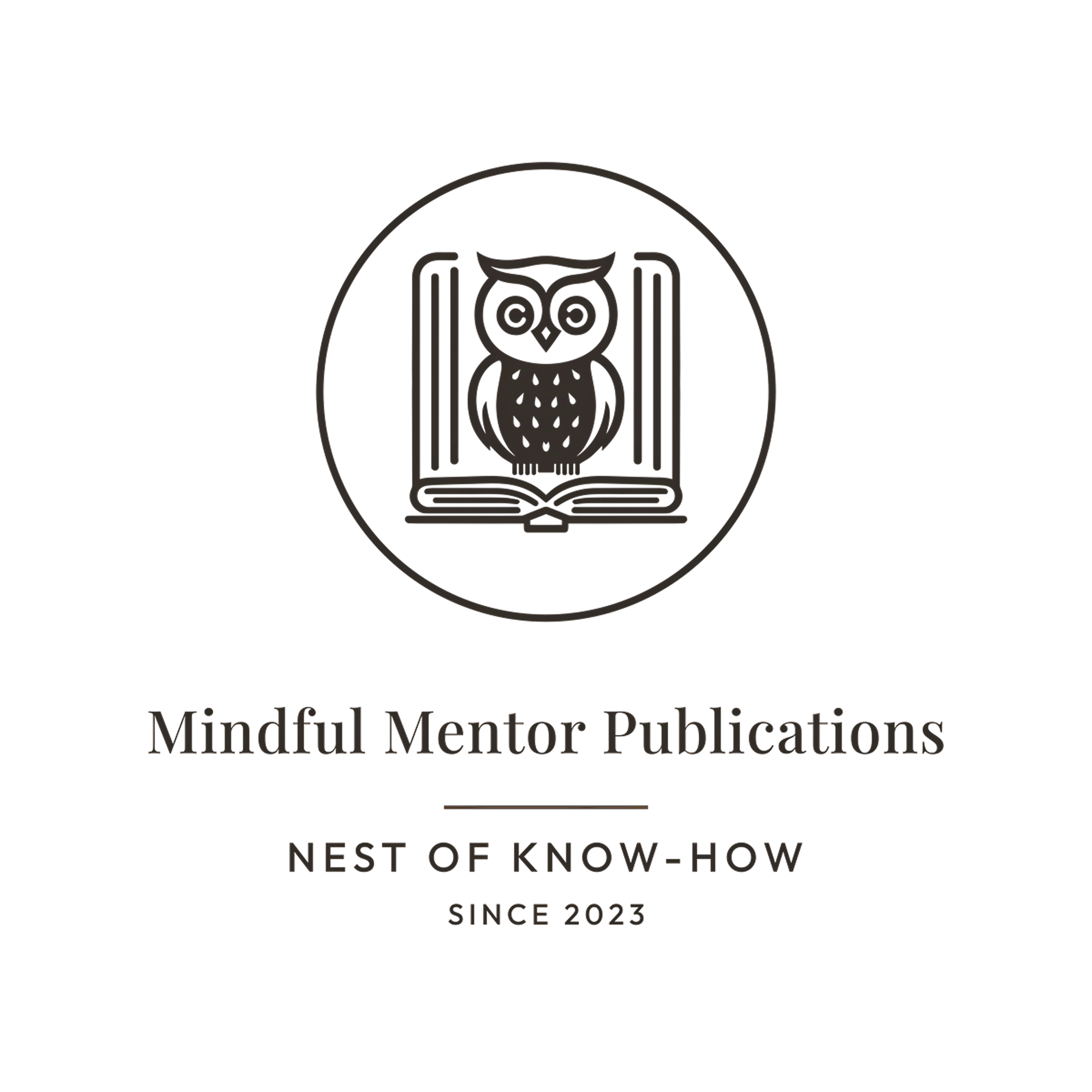Did you know that writing things down can make a big difference in your teaching career? As teachers, we’re always looking for new ways to get better and connect with our students. Journaling is a powerful tool for self-improvement. It lets us reflect on our teaching and grow both personally and professionally.

Imagine unlocking your full potential with daily reflection, setting goals, and handling the ups and downs of teaching. Journaling gives you a safe place to think about your thoughts, celebrate wins, and tackle challenges. By making it a part of your daily routine, you can boost your self-awareness, lower stress, and become a better teacher.
Let’s explore how journaling can change your teaching journey and make your classroom a happier place. These tips are for both new and experienced teachers. They’ll help you improve yourself and keep your passion for teaching alive.
Key Takeaways
- Journaling enhances self-awareness and reduces stress for teachers
- Daily reflection leads to improved classroom performance
- Goal-setting through journaling drives personal and professional growth
- Journaling helps manage emotions and creates a positive teaching environment
- Consistent practice yields significant long-term benefits for educators
The Essence of Mindfulness Journaling
Mindfulness journaling is a powerful way to explore your thoughts and feelings. It lets you look closely at your current state. This helps you understand yourself better and grow emotionally.
What is Mindfulness Journaling?
Writing down your thoughts and feelings in the moment is mindfulness journaling. It’s a way to reflect on yourself without judging. This practice helps you see your emotions and thoughts clearly, leading to personal growth and better well-being.
Reflective Questions for Mindfulness Journaling
Here are some questions to start your mindfulness journaling:
- How do I feel right now?
- What thoughts are in my mind?
- What sensations do I feel in my body?
- What am I thankful for now?
Personal Experience with Mindfulness Journaling
Many people have changed their lives with mindfulness journaling. Writing can lead to wellness. It reduces stress, improves thinking, and clears emotions. Teachers who journal feel better balanced and understand themselves more.
| Benefits of Mindfulness Journaling | Impact on Teachers |
|---|---|
| Enhanced self-awareness | Improved classroom presence |
| Stress reduction | Better work-life balance |
| Emotional clarity | Enhanced student relationships |
| Improved problem-solving skills | More effective teaching strategies |
Adding mindfulness journaling to your daily life helps you understand yourself and grow. It leads to personal and professional growth.
Benefits of Journaling for Teachers

Journaling is a great way for teachers to grow personally and professionally. Just 5 to 10 minutes a day can bring many benefits. These benefits make teaching better and improve your well-being.
One big plus is reducing stress. Teaching can be tough, and journaling helps you deal with your feelings. It leads to better sleep and makes you more resilient. This means you can handle tough days at school better.
Journaling also helps you teach better. By thinking about your teaching and how you talk to students, you learn a lot. You get insights that make you a better teacher. This self-knowledge gives you more confidence and helps you grow professionally.
Here are some main benefits of journaling for teachers:
- Develops critical thinking for classroom troubleshooting
- Helps identify teaching objectives and areas for improvement
- Enhances self-confidence and professional skills
- Aids in recognizing signs of stress and burnout
- Improves teacher-student relationships
Adding journaling to your daily routine can really change your mental health and job happiness. Taking time to think about your experiences helps you. It’s a way to care for yourself and become a better, happier teacher.
Journaling Prompts for Self-Care and Reflection
Journaling is a great way to grow personally and professionally. It helps you take care of yourself and think deeply. Let’s look at some prompts to help you become more aware of yourself and thankful.
Gratitude Journaling Prompts
Being thankful can make you feel better overall. Try these prompts to grow a thankful mindset:
- List three small joys you experienced today.
- Write about a student who made you smile this week.
- Describe a teaching moment you’re proud of.
Making a Difference Prompts
Think about how you impact your students with these prompts:
- How did you positively influence a student’s life recently?
- What lesson or activity had the most engaged students?
- Describe a time when you went above and beyond for your class.
Taking Action Prompts
Use these prompts to set and reach your goals:
- What’s one skill you want to improve this month?
- Outline three steps to enhance your classroom management.
- How can you incorporate more self-care into your daily routine?
Remember, journaling regularly is key to seeing the most benefits. By taking time to reflect and care for yourself, you’re growing as an educator and a person.
Thoughtful Journaling Prompts from “Permission to Pause”
Journaling is a great way for teachers to improve themselves. The “Permission to Pause” prompts help you reflect on your teaching and personal growth. Let’s look at three key prompts that can make you happier and better at your job.

What Makes Me Happy?
Begin by writing down what makes you happy. This simple task can make you more positive and improve your well-being. Teachers who keep a gratitude journal often feel happier, which makes the classroom a better place.
Becoming a Better Teacher
Think about how you teach and what you can do better. Write down your goals and steps to improve your skills. This helps you see and reach your goals more effectively.
Being Present with Others
Think of ways to build stronger relationships with students and colleagues. Consider how mindfulness can make you more present in conversations. This helps you connect deeper and create a supportive classroom.
Using these prompts often will make you more self-aware, less stressed, and a better teacher. Remember, journaling regularly is the best way to see its benefits.
Teacher Self-Improvement Through Journaling
Journaling is a great way for teachers to get better at their job. It lets you look at your teaching methods and how you manage your classroom. By thinking about your actions, you can find areas to improve and try new things.
Studies show that journaling makes teachers more aware and engaged in their work. It helps you think deeply about how you teach and how you can do better in the future. This leads to ongoing growth and better teaching.
Here’s how journaling can help your teaching:
- Identify strengths and weaknesses in your teaching style
- Track progress over time
- Develop new ideas for lesson plans
- Improve classroom management skills
- Enhance student interactions
Self-assessment is key to growing as a teacher. Journaling gives you personal insights, unlike traditional evaluations. It helps you keep learning and overcome challenges in your career.
Begin journaling today. Think about your teaching methods, what happens in your classroom, and how your students are doing. With regular journaling, you’ll see big improvements in your skills and how your students respond.
The Importance of Consistent Journaling Practice
Starting a daily journal can change the game for teachers wanting to grow professionally. Only 4 out of 32 people journal often, but those who do see big benefits. Just 10-15 minutes a day or week can change your teaching for the better.
Visualizing and Prioritizing Goals
Journaling is great for setting goals and managing time. Writing down goals can make you 42% more likely to achieve them. It helps turn big goals into smaller, easier steps, keeping you focused on growing professionally.
Regular journaling trains your focus and strengthens your brain. It makes your brain better at taking in and remembering information. For teachers, this means better lesson planning and classroom control.
Journaling helps you see how far you’ve come in your career. Looking back at past entries can motivate you and keep you moving forward in your professional life.
Being consistent is key to getting these benefits. Start small if you need to, but try to make journaling a daily habit. Over time, you’ll see how valuable it is for your growth as an educator.
Journaling for Students’ Growth and Self-Awareness
Journaling is a great way for student growth and self-awareness. Teachers can use weekly journaling to help students grow emotionally and take charge of their learning. This builds a strong classroom community and encourages reflective writing.
Sample Prompts for Student Journaling
Here are some prompts to start journaling in your classroom:
- Describe your current mood and why you feel this way.
- Write about a positive influence in your life.
- Reflect on today’s lesson. What did you learn?
- Set a goal for the week and outline steps to achieve it.
Using these prompts can help students grow and become more self-aware. Studies show that journaling is key to understanding oneself and accepting oneself. A study at the University of Massachusetts Boston found that reflective writing leads to personal growth.
Here are tips to make journaling a regular habit:
| Tip | Benefit |
|---|---|
| Set aside dedicated time | Ensures consistency |
| Provide varied prompts | Keeps journaling engaging |
| Encourage free writing | Promotes authentic expression |
| Share your own journal entries | Builds trust in the classroom community |
By using journaling, you’re not just helping students grow. You’re also promoting mindfulness and creating a supportive place for learning. Remember, being consistent is important to see the best results from this powerful tool.
Managing Emotions and Stress Through Journaling
Journaling is a great way to handle emotions and stress. Teachers can use it to deal with their job’s challenges and keep a good balance between work and life. Writing down your thoughts helps you understand your mental health better and find ways to cope.
Studies show that journaling is good for your health. It can cut down on sick days, lessen pain, and boost your immune system. For teachers, this means doing better in the classroom and feeling better overall.
Here are some journaling techniques to help you manage stress:
- Free Writing: Let your thoughts flow without judgment
- Gratitude Journal: Focus on positive aspects of your life
- Emotional Release: Explore and process challenging feelings
- Bullet Journaling: Organize tasks and goals efficiently
You don’t have to journal every day. Just a few times a week can make a big difference in how you feel. It helps with emotional well-being and keeps your work and personal life in balance.
| Journaling Benefits | Impact on Teachers |
|---|---|
| Stress reduction | Improved classroom management |
| Emotional clarity | Better student relationships |
| Goal setting | Enhanced professional growth |
| Self-reflection | Increased job satisfaction |
Adding journaling to your daily life is a step towards better mental health and success at work. Start small, stay consistent, and see how your ability to manage emotions grows over time.
Final Thoughts
Starting your journey with journaling can greatly improve your teaching career. Writing about your experiences helps you grow personally and professionally. Handling your teaching tasks gets easier with a clear view of your goals and challenges.
Studies show journaling is used in many educational areas, like nursing and teacher training. It turns learners into active participants, promoting self-led learning and deep thinking. For teachers, journaling is a way to share frustrations, think of solutions, and make the most of your experiences.
Sticking with journaling brings many rewards. It boosts your self-knowledge, helps you manage your emotions better, and improves your decision-making. These changes positively affect your teaching and how you connect with students. By doing this regularly, you’re investing in your growth and making your teaching career more rewarding.
FAQ
What is mindfulness journaling?
Mindfulness journaling is a way to think deeply about your feelings and thoughts. It helps you become more aware of yourself and your emotions. You do this by answering certain questions.
What are the benefits of journaling for teachers?
Journaling helps teachers feel more resilient and less stressed. It also improves their sleep and performance. Plus, it’s a place to celebrate successes and work through challenges.
Can you provide examples of gratitude journaling prompts?
Sure! For gratitude journaling, you might think about the good things in teaching. Like, the support from colleagues or the achievements of your students.
What are “making a difference” prompts?
“Making a difference” prompts make you think about times when you’ve positively changed a student’s learning or life.
How can the “Permission to Pause” prompts help teachers?
“Permission to Pause” prompts help you reflect on teaching in a deep way. They help you find what makes you happy, what you can improve, and how to connect better with students and colleagues.
How can journaling improve teaching practices?
Journaling helps teachers think about how they teach, manage their classrooms, and talk to students. By reflecting often, teachers can find areas to get better, try new things, and see how they’re doing over time.
How can teachers establish a consistent journaling practice?
Teachers can make time for journaling by setting aside 10-15 minutes each day or week. Writing down goals and what you want to achieve makes it easier to take steps towards them.
How can journaling be implemented in the classroom?
In class, you can have students write about their thoughts and experiences once a week. Use prompts like thinking about their mood, what’s positively affecting them, and their thoughts on the day’s lessons.
How can journaling help manage emotions and stress?
Writing about tough times can give teachers a new view and help them find ways to cope. Keeping up with journaling shows what stresses you out and when, so you can deal with it better and keep a good balance between work and life.





